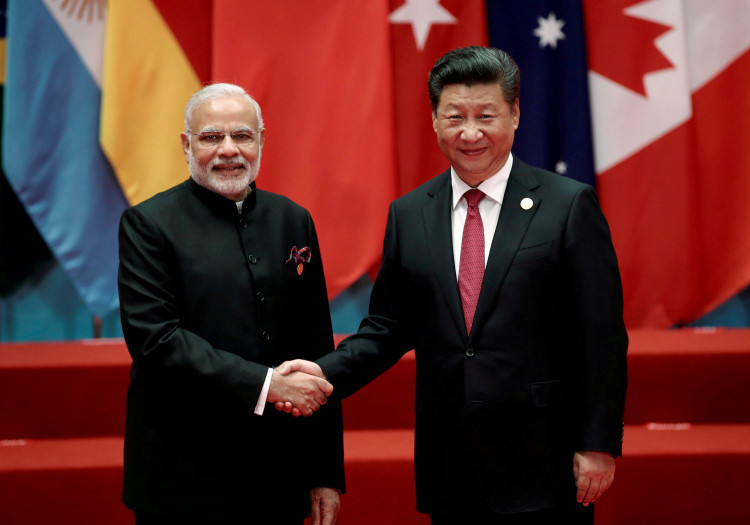India has emphatically rejected China's recent attempt to rename around 30 locations within Arunachal Pradesh, a move that New Delhi has described as "senseless." The disputed northeastern Himalayan state, which Beijing refers to as Zangnan, is claimed by China as part of South Tibet, a claim that India firmly dismisses. This renaming exercise by China follows a similar endeavor from the previous year when Beijing named 11 places in the state, further escalating tensions between the two nuclear-armed neighbors.
The tension between India and China over Arunachal Pradesh has been a longstanding issue, with minor skirmishes along their disputed frontier occurring as recently as December 2022. Despite the tension easing following extensive military and diplomatic dialogues, the state remains a frequent point of contention. China's recent action to standardize the names of approximately 30 locations in what it calls South Tibet has been met with strong opposition from India. The Indian Foreign Ministry's spokesperson, Randhir Jaiswal, stated that such actions do not change the fact that Arunachal Pradesh is an integral part of India.
India's External Affairs Minister Subrahmanyam Jaishankar also dismissed the renaming, likening it to changing the name of someone's house, which does not alter ownership. India's firm stance is that Arunachal Pradesh has always been and will continue to be an inalienable part of the country, regardless of any renaming attempts by China.
The U.S. has also commented on the issue, recognizing Arunachal Pradesh as Indian territory and opposing any unilateral claims through military or civilian encroachments. China's opposition to these comments, stating that the matter is unrelated to the U.S., underscores the international dimension of this territorial dispute.
The India-China border, spanning 3,800 km, has been the site of historical conflict, including the 1962 war. The 2020 hand-to-hand combat in the western Himalayas, which resulted in casualties on both sides, has led to an increased military presence along the border.
In response to China's actions, External Affairs Ministry spokesperson Randhir Jaiswal reiterated India's rejection of the renaming, emphasizing that Arunachal Pradesh's status as part of India remains unchanged. China's fourth list of standardized geographical names in Zangnan, as reported by the Global Times, continues Beijing's pattern of asserting claims over Arunachal Pradesh.
India's consistent position is that Arunachal Pradesh was, is, and will always remain an integral part of the country, as affirmed by External Affairs Minister S Jaishankar. The renaming by China is seen as a baseless claim that does not impact the reality of Arunachal Pradesh's status as an Indian state.
The ongoing border dispute in eastern Ladakh, which began in May 2020, has strained India-China relations. Despite disengagement from several areas following diplomatic and military talks, friction points remain. India's stance is clear: peace and tranquility along the Line of Actual Control (LAC) are essential for the normalization of bilateral ties.






